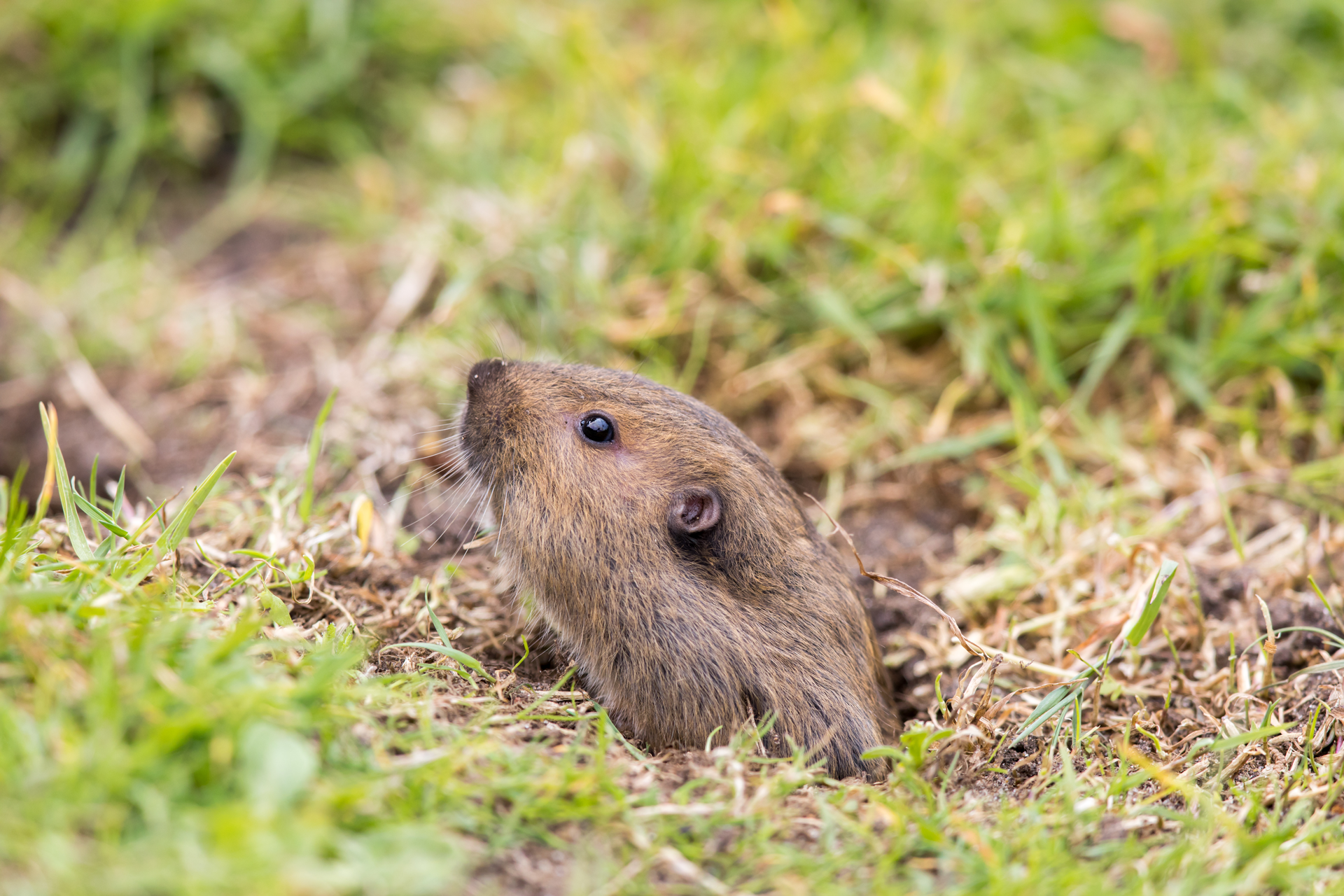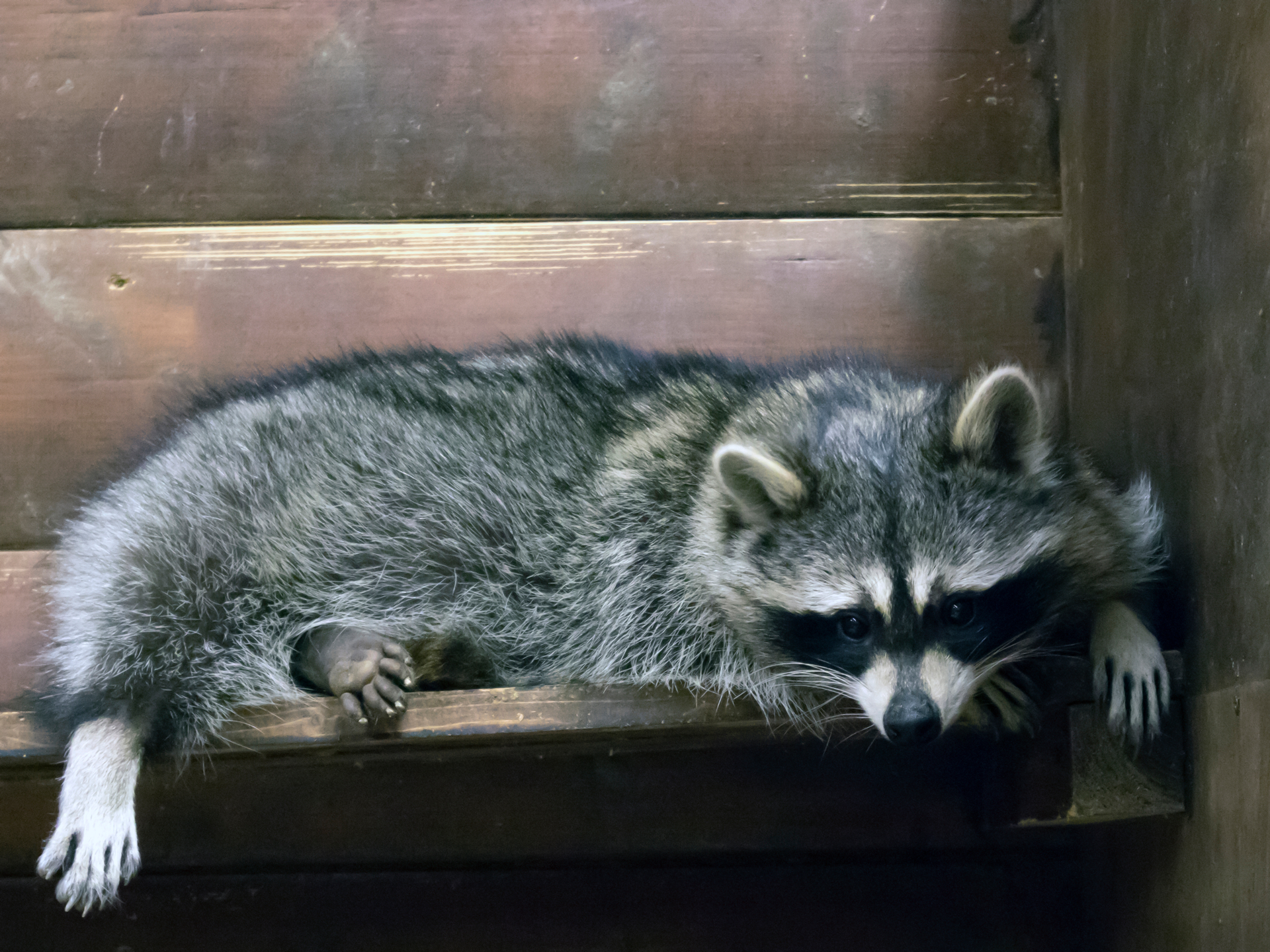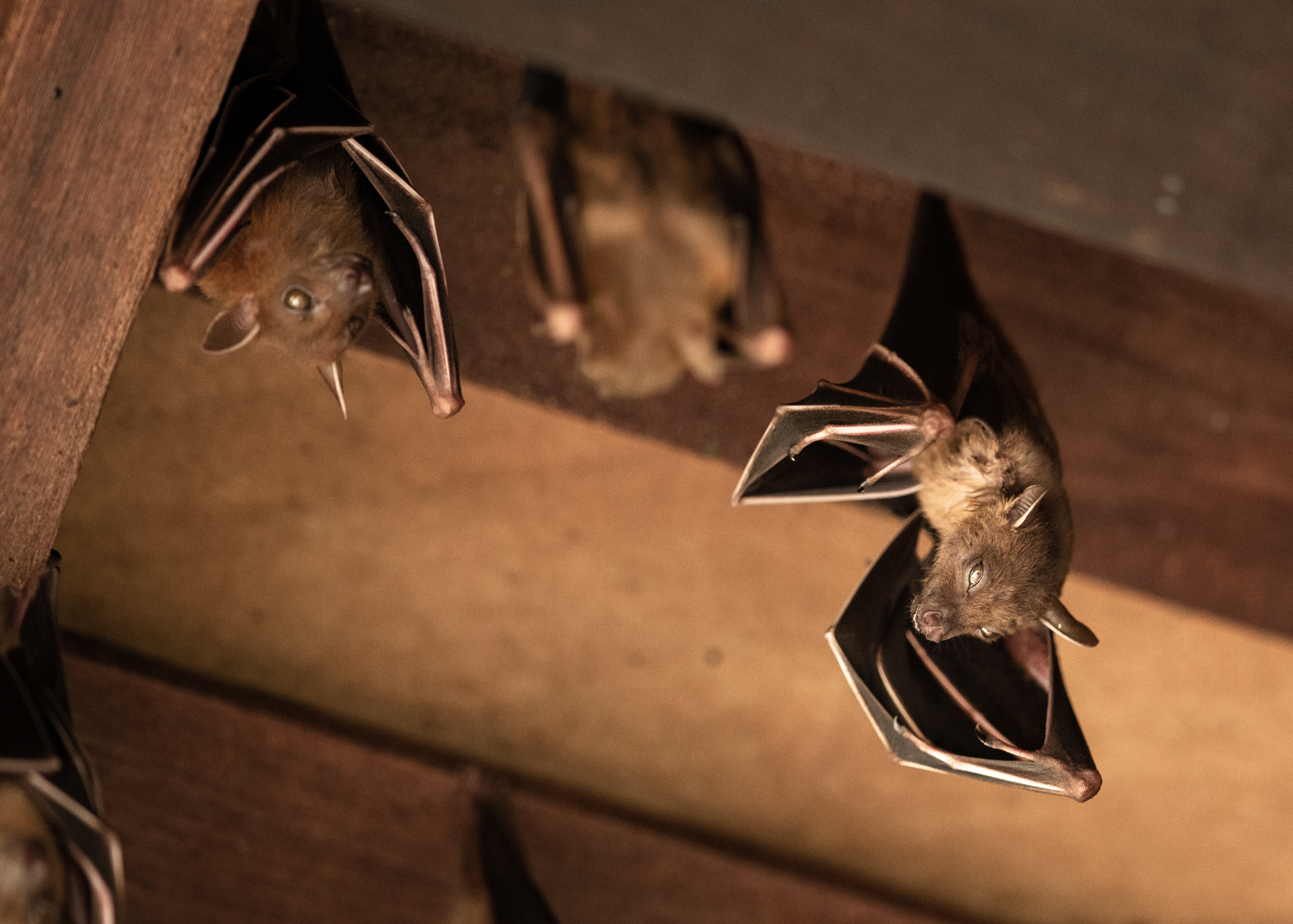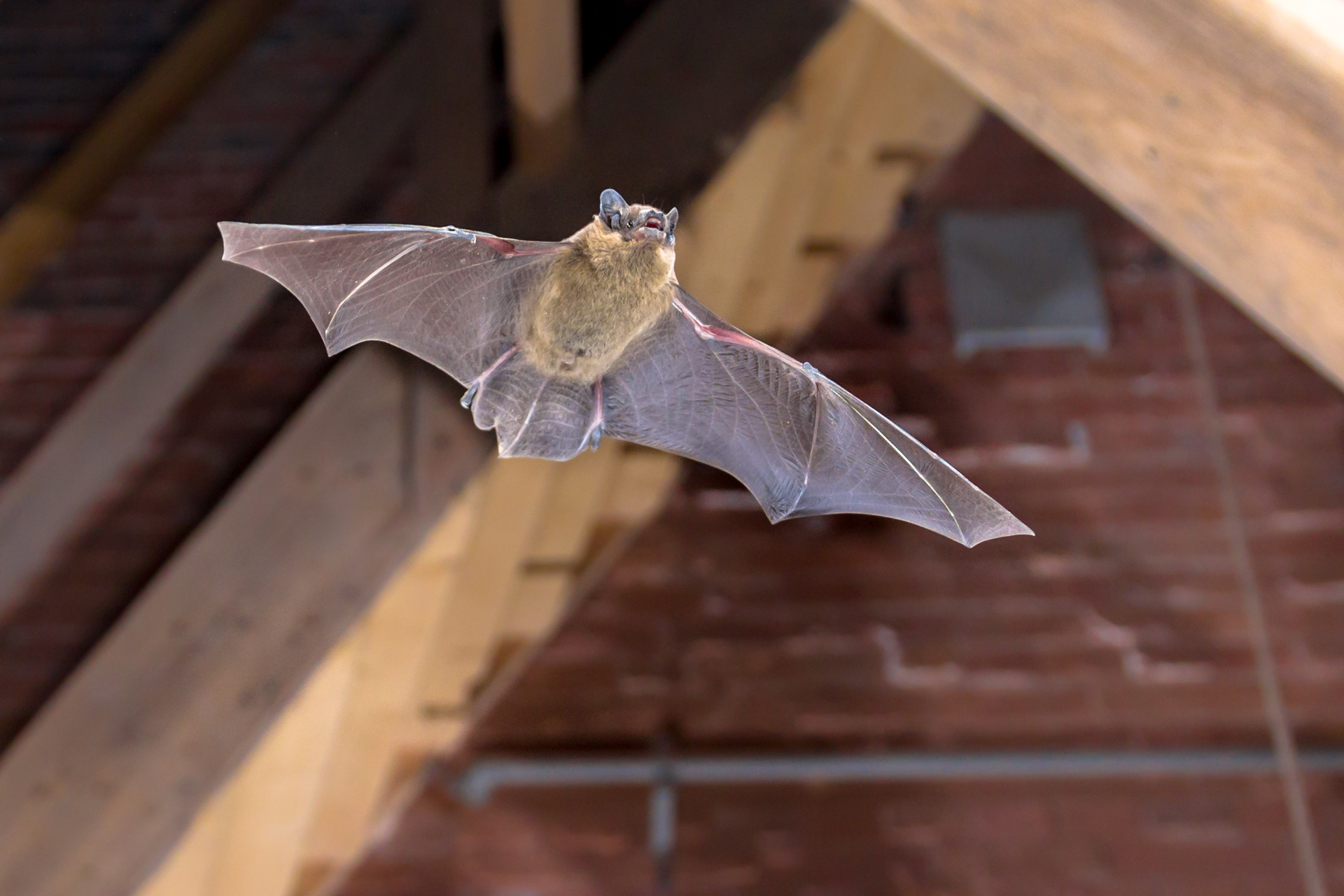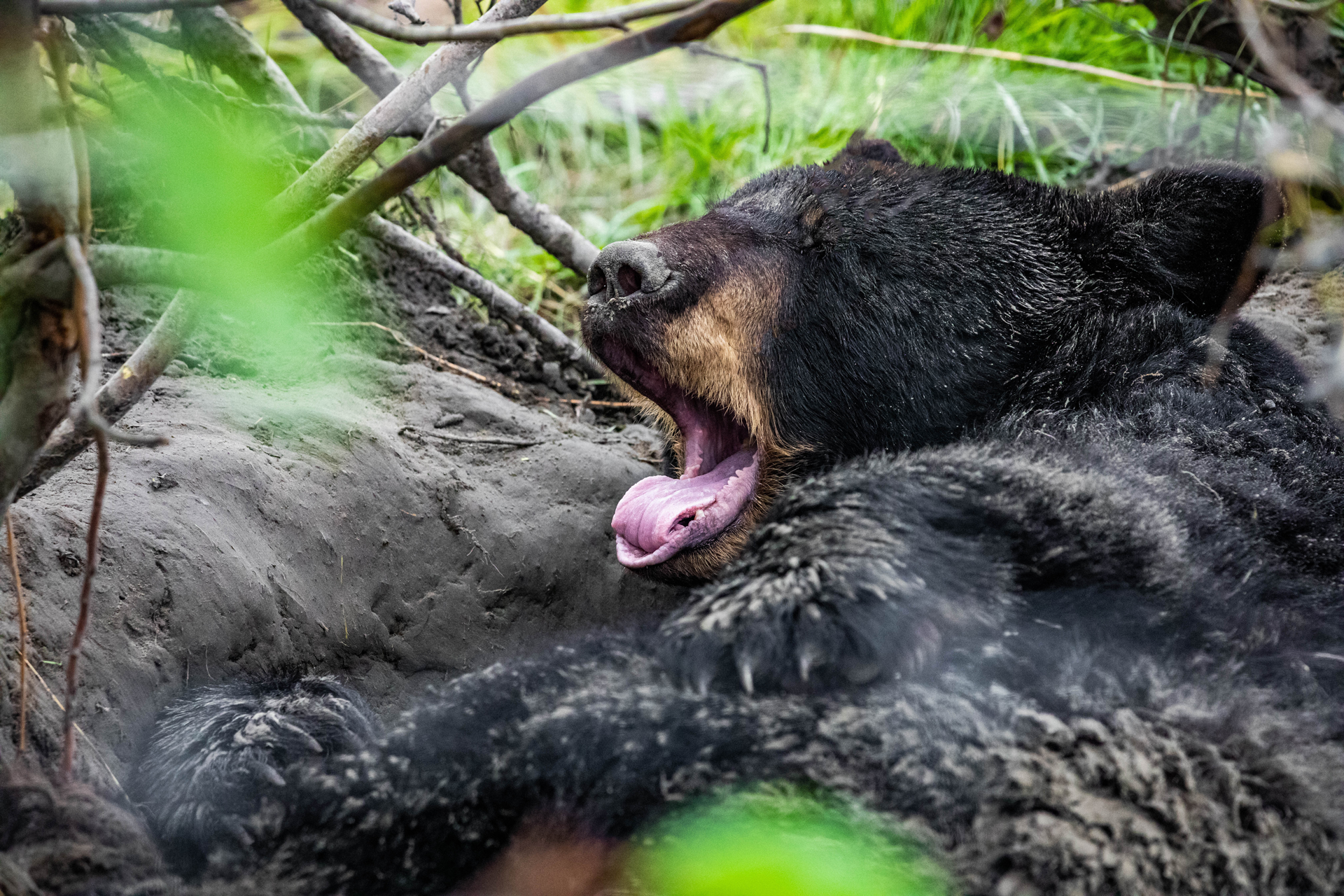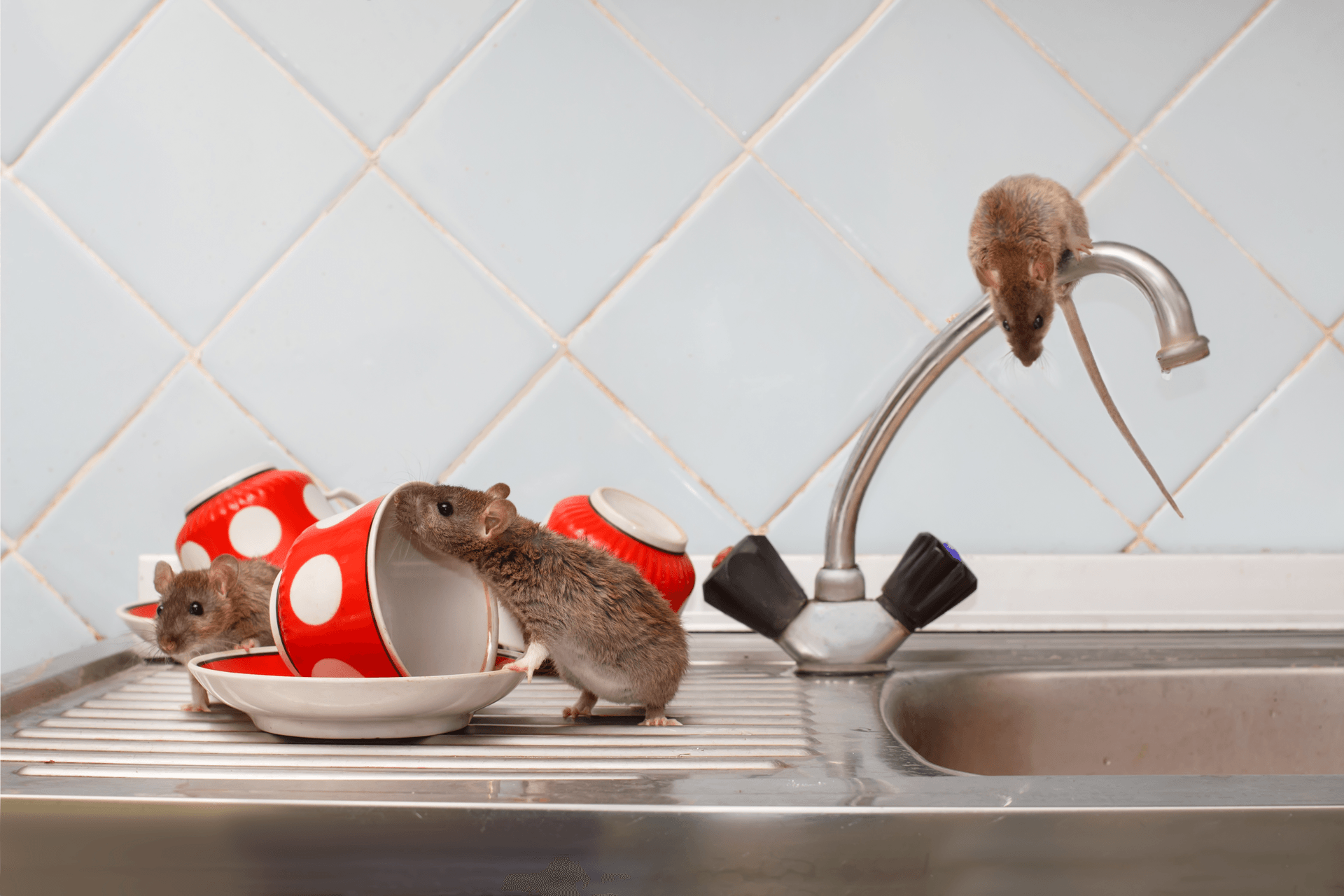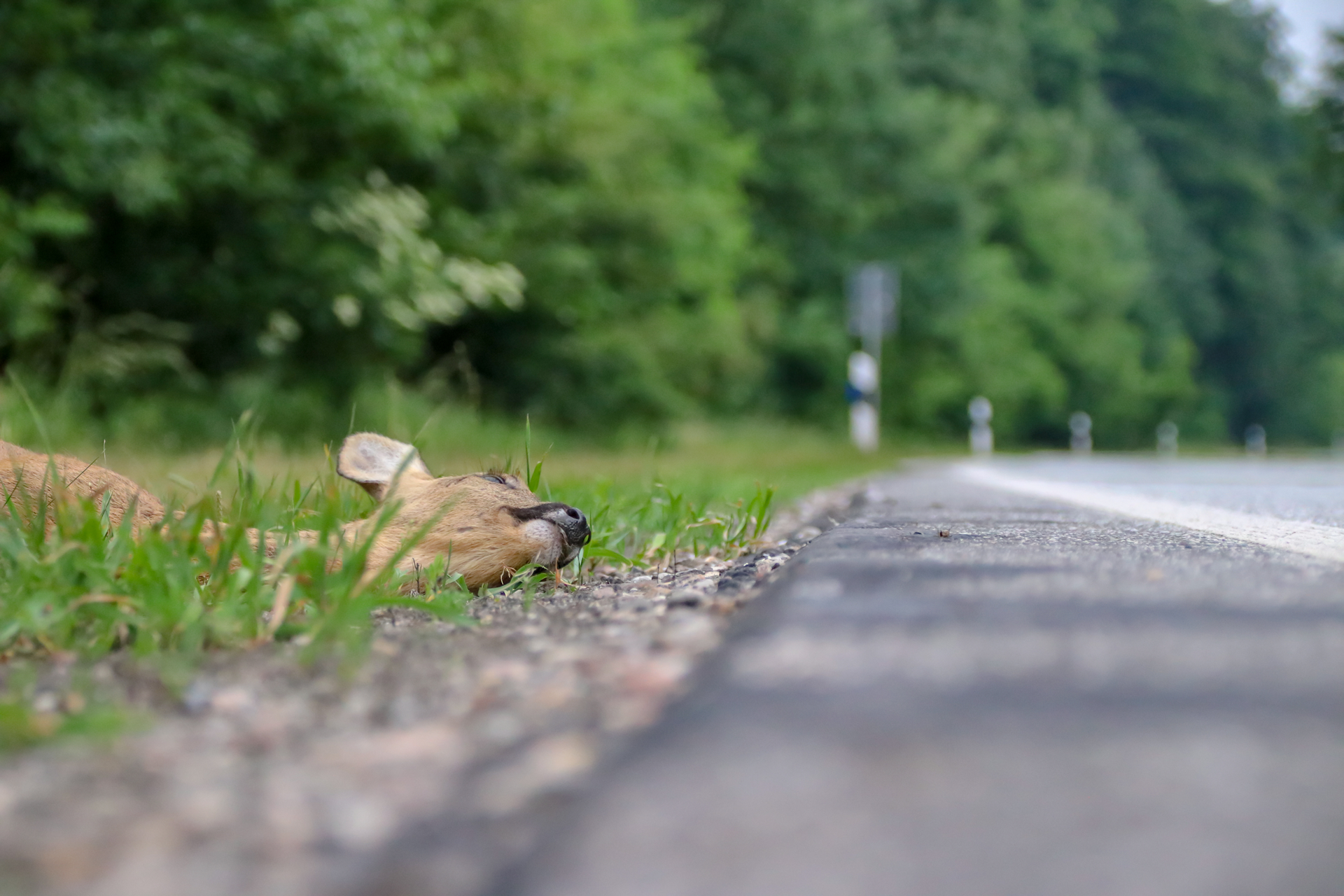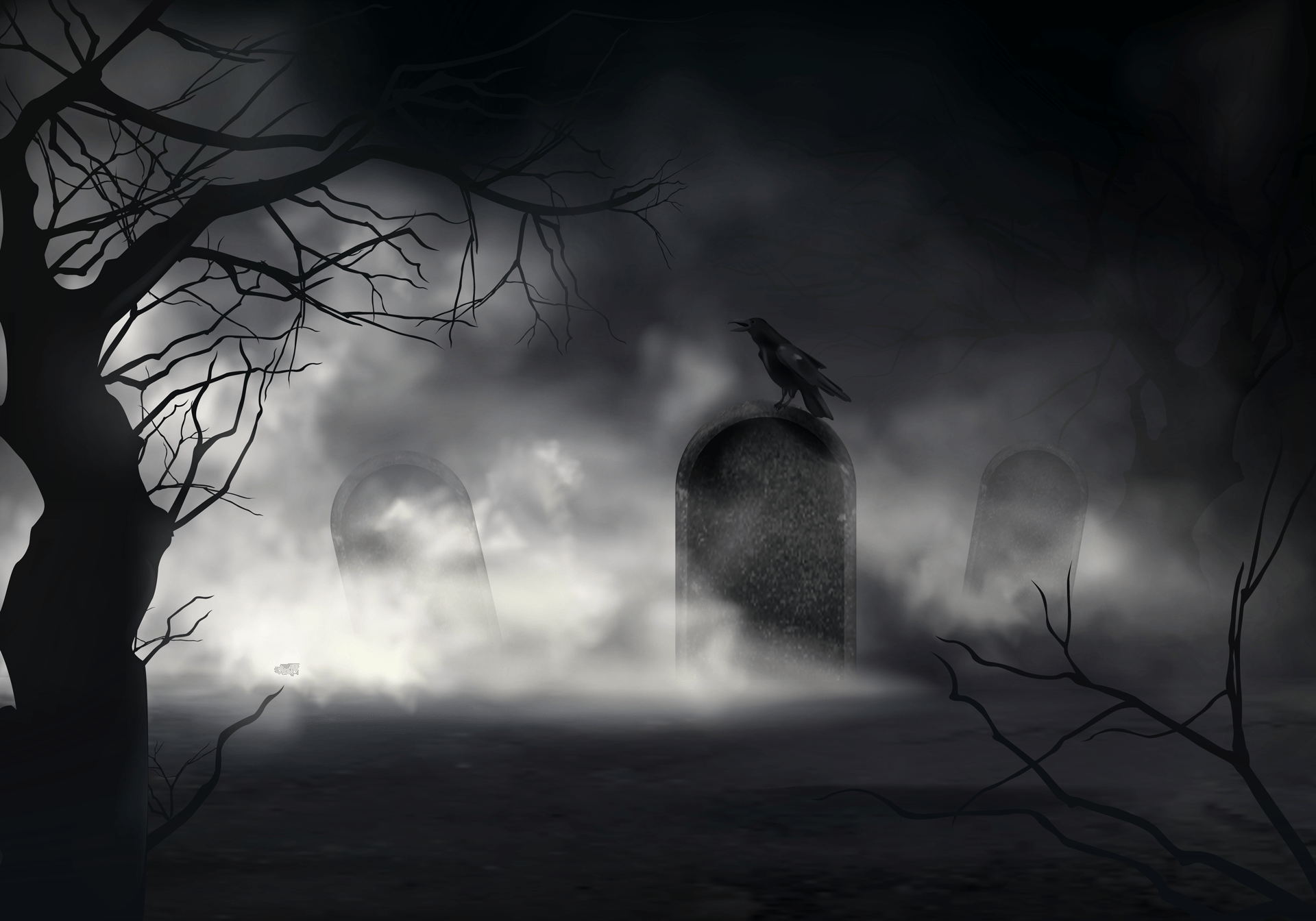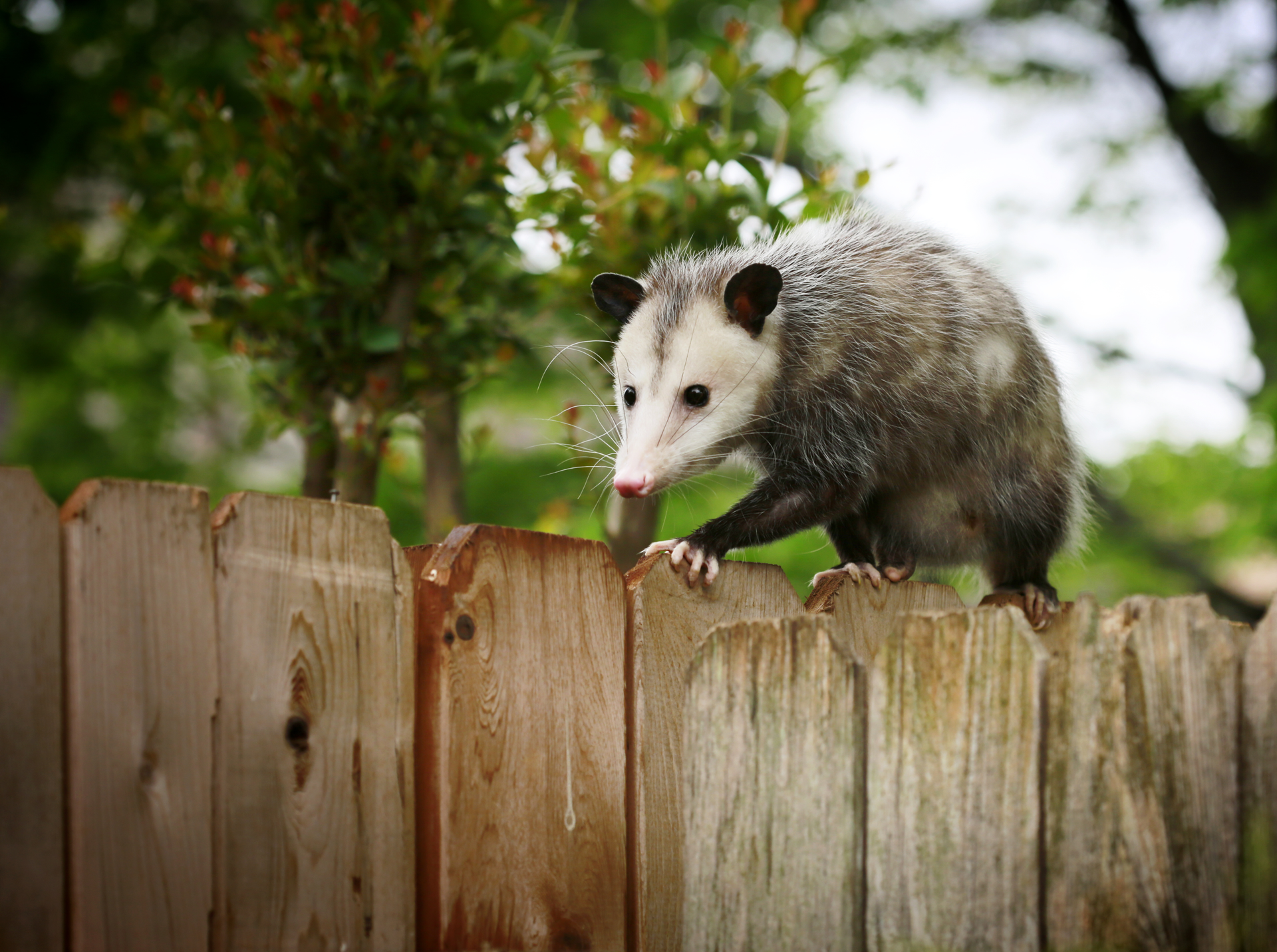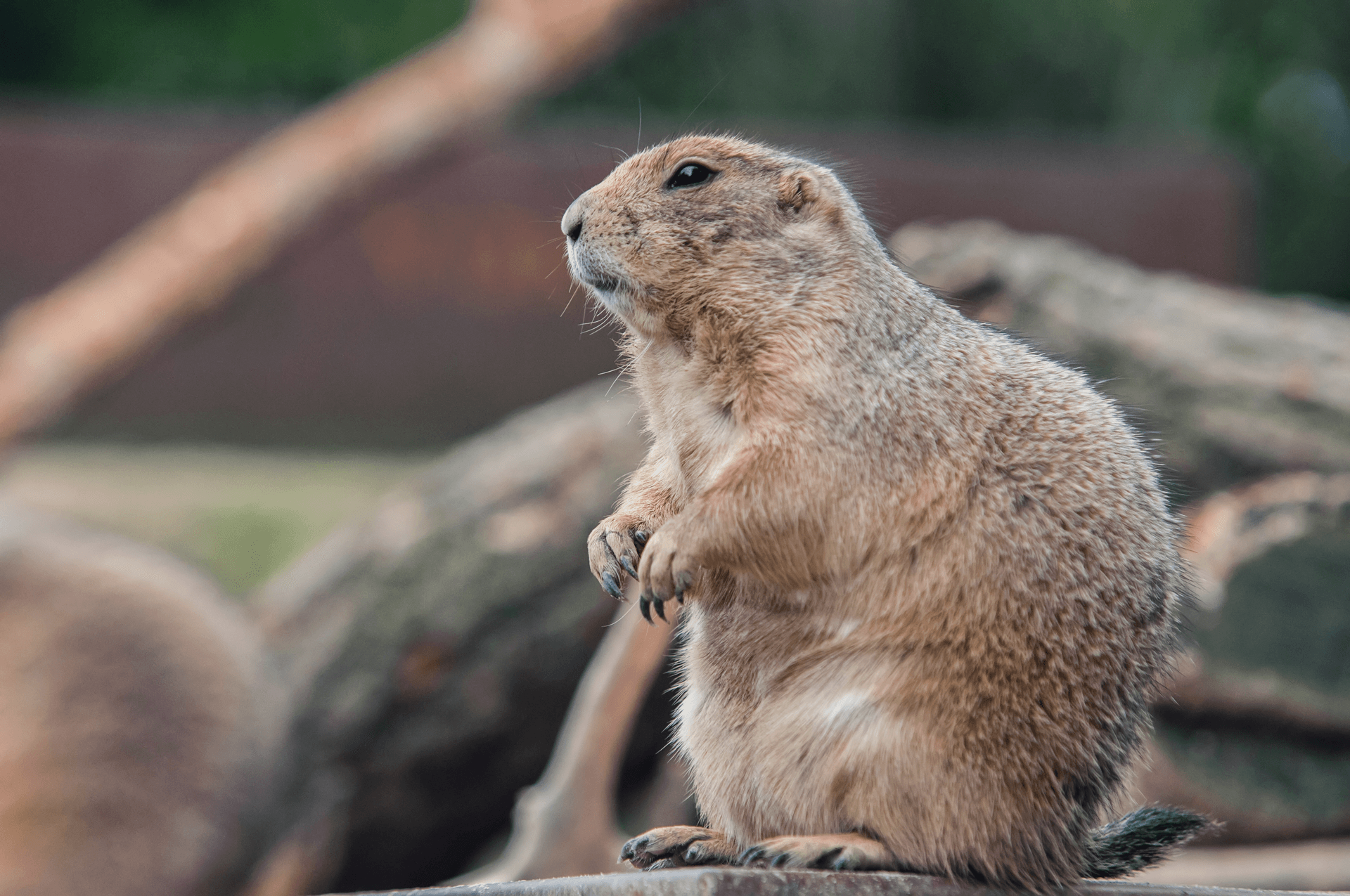Our Crazy History With Wildlife In The US
Unusual Wildlife Stories In The US
Some of the most normal wildlife species in the U.S. carry an interesting and sometimes even surprising history. Whether it's a simple raccoon or the origins of Groundhog Day, you can find an interesting tale to attach to some of the prevalent species in the country.
Our country has quite a few traditions surrounding local animals. Groundhog Day has been celebrated since the late 1800s when the Germans that settled in Pennsylvania brought a modified version of Candlemas Day to the United States. Today, we say if a groundhog sees its shadow, a "second winter" or six more weeks of bad weather is on the way. While it's not an officially recognized national holiday, many parks and cities outside Pennsylvania hold Groundhog Day Parades celebrations.
Another U.S. tradition is to pardon a turkey at the White House for Thanksgiving. This habit stems from the tradition of sending a gift turkey to the White House for Thanksgiving dinner. It's believed that the tradition of pardoning animals happened sporadically afterward, with some presidents "sparing" certain gifted animals; the first official use of the terminology "pardon" was for President Kennedy's turkey in 1963. The practice of sending a presentation turkey to a farm was normalized under President Ronald Reagan in 1981 and has become a satirical and humorous ceremony for citizens to watch since his successor, George H.W. Bush, made the "presidential pardon" official the ceremony.
There have even been strange White House pets. In 1926, President Calvin Coolidge was given an animal to be eaten during the Presidential Thanksgiving dinner, but it was no turkey. Instead, President Coolidge spared and kept a raccoon as a presidential pet. The President also received a black-haired bear from Mexico, an African pygmy hippopotamus, and a pair of lion cubs as gifts since he and the First Lady were known to be animal lovers.
Unfortunately, some well-meaning animal lovers have caused issues that are still having effects on us to this day. Eugene Schieffelin, a Shakespeare enthusiast, released about 100 European starlings into Central Park, New York, in the late 1800s. They can now be found throughout the country and are one of North America's most abundant bird species. While the fan initially wanted to see the birds mentioned in the famous author's plays, these birds are invasive, competing with native species and destroying crops.
Another well-meaning habit that turned out to be a poor idea was the practice of keeping squirrels as pets. These rodents were a popular gift for children in the 19th century because they were considered low maintenance and available in many pet shops. They were initially introduced to American parks to "beautify and add interest" to the greener spaces in cities. The idea was that these areas of nature were necessary for maintaining a space that could improve physical and mental health. Unfortunately, the results did not go as planned. Squirrels were not domesticated and are destructive, especially in today's homes, with wires, pipes, and other appliances that can be chewed or damaged.
Arkansas is no stranger to smart birds, with four common species of corvid flying around. The corvid family includes birds like crows, ravens, jays, and nutcrackers and are considered some of the most intelligent birds. Common ravens can solve puzzles, blue jays are known to collect shiny objects, and studies show crows can recognize people's faces (and sometimes hold a grudge).
Even as an animal lover, it's important to understand the difference between being curious about your neighborhood creatures and setting a distance from potential pest problems. Crows have become so accustomed to humans that they have been known to bring gifts to people that feed them. For example, one girl in Seattle regularly fed the crows in her neighborhood and even recognized many of them well enough to give them names. Unfortunately, feeding these birds guarantees their return and leads to even more showing up, even if you stop feeding them. Wildlife experts had to get involved, and the family was restricted from setting out more than ¼ lbs. of bird food to try to dissipate the massive group.
Diving deeper than the stranger and more unusual stories doesn't hurt when learning more about wildlife. It's also important to understand that while certain animals may look cute, they can be invasive and destructive to your property. At Van Buren's #1 wildlife service, we're dedicated to helping balance these creatures and your home to support the environment.
Contact your local professionals at Natural State Wildlife Solutions to request an estimate for your wildlife solution needs.

